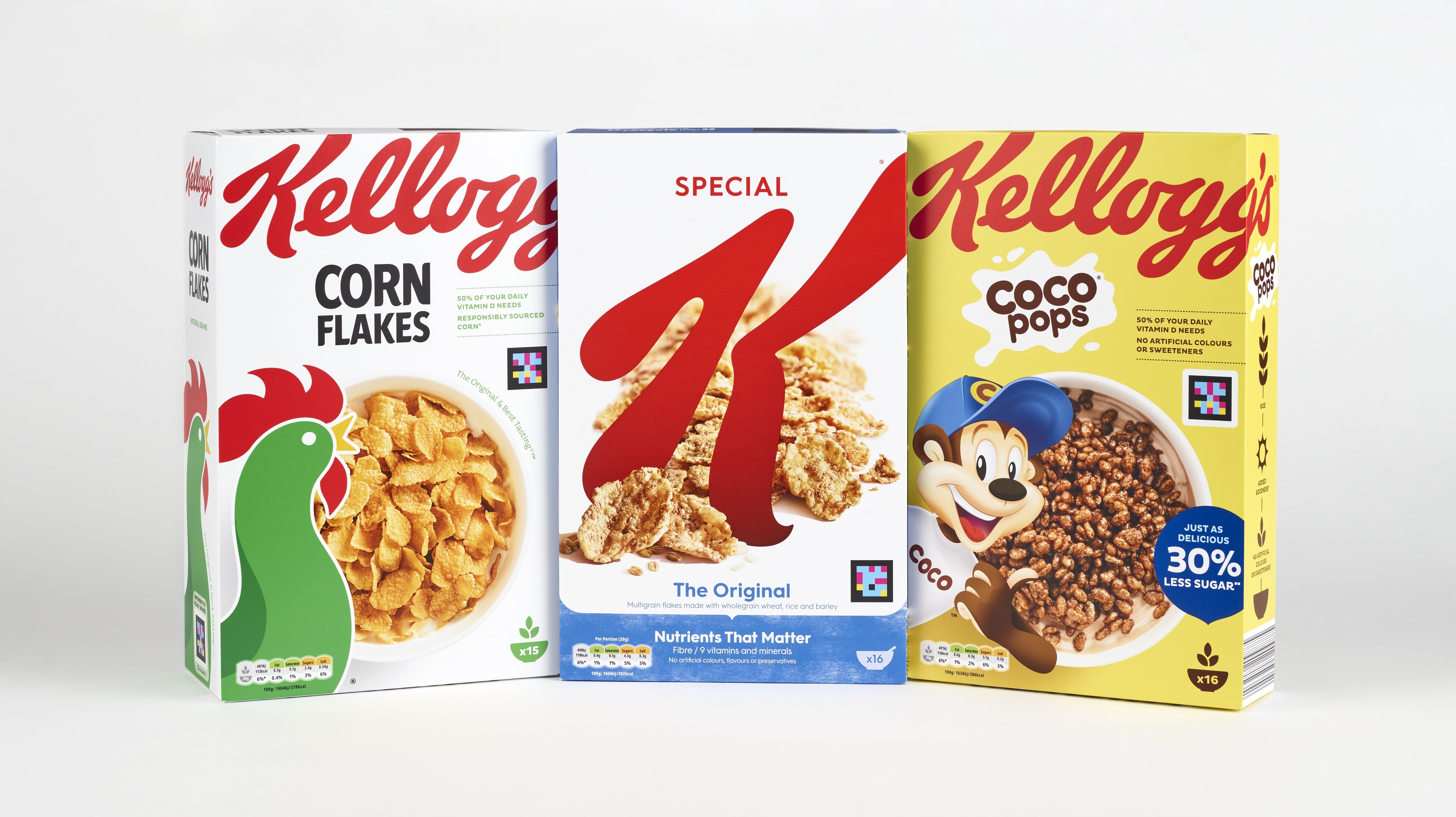Kellogg’s launches legal challenge against new Government food rules
The new regulations, which come into effect in England in October, restrict promotion of food and drink that is high in fat, salt and sugar.

Your support helps us to tell the story
From reproductive rights to climate change to Big Tech, The Independent is on the ground when the story is developing. Whether it's investigating the financials of Elon Musk's pro-Trump PAC or producing our latest documentary, 'The A Word', which shines a light on the American women fighting for reproductive rights, we know how important it is to parse out the facts from the messaging.
At such a critical moment in US history, we need reporters on the ground. Your donation allows us to keep sending journalists to speak to both sides of the story.
The Independent is trusted by Americans across the entire political spectrum. And unlike many other quality news outlets, we choose not to lock Americans out of our reporting and analysis with paywalls. We believe quality journalism should be available to everyone, paid for by those who can afford it.
Your support makes all the difference.Kellogg’s is mounting a legal challenge against new Government rules that would stop some of the company’s cereals being prominently displayed in food stores.
The new regulations come into effect in England in October and restrict promotion of food and drink that is high in fat, salt and sugar.
The Coco Pops and Special K manufacturer said it has “tried to have a reasonable conversation with Government” without success.
Chris Silcock, the company’s UK managing director, said: “We believe the formula being used by the Government to measure the nutritional value of breakfast cereals is wrong and not implemented legally.
“It measures cereals dry when they are almost always eaten with milk.
“All of this matters because, unless you take account of the nutritional elements added when cereal is eaten with milk, the full nutritional value of the meal is not measured.”
Restricting the promotion and advertising of less healthy foods is an important part of the cross-government strategy to halve childhood obesity by 2030
The group, which also makes Nutri-Grain and Crunchy Nut, is among firms who will see the restrictions impact their ability to promote products.
In-store promotion of products high in fat, salt and sugar will be limited when the rules come into force, meaning they will not be allowed to be featured in high-profile locations such as checkouts, store entrances and aisle ends.
The case marks an important test of the rule changes, which also include a ban on junk food advertising before 9pm on TV and online.
A Department of Health and Social Care spokesman said: “Breakfast cereals contribute 7% – a significant amount – to the average daily free sugar intakes of children.
“Restricting the promotion and advertising of less healthy foods is an important part of the cross-government strategy to halve childhood obesity by 2030, prevent harmful diseases and improve healthy life expectancy, so we can continue to level up health across the nation.”
The spokesman added that obesity costs the NHS more than £6 billion a year and is the second biggest cause of cancer in the UK.
Barbara Crowther, of Sustain’s children’s food campaign, said: “If Kellogg’s genuinely supports the Government’s obesity strategy then it would not be adopting this course of action, but instead getting behind plans designed to make healthier food and drink more available and affordable.
“It is perfectly correct for the nutrient profile model to assess breakfast cereals on the basis of what is actually in the packet as sold, and not what people choose to add to their breakfast, whether that is milk, yoghurt, juice, fruit or nothing at all.
“What they propose seems not just perverse but also unworkable in practice.”